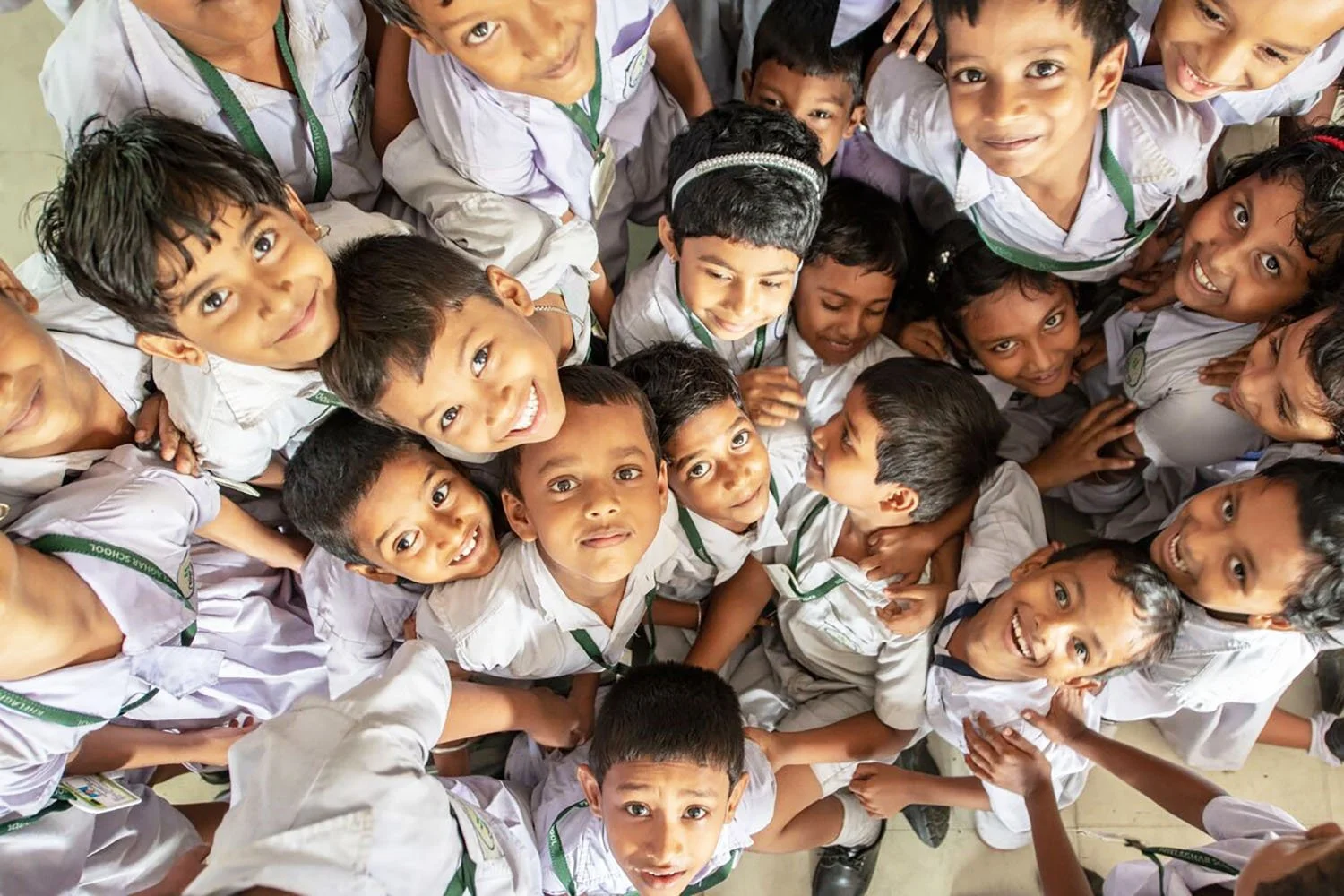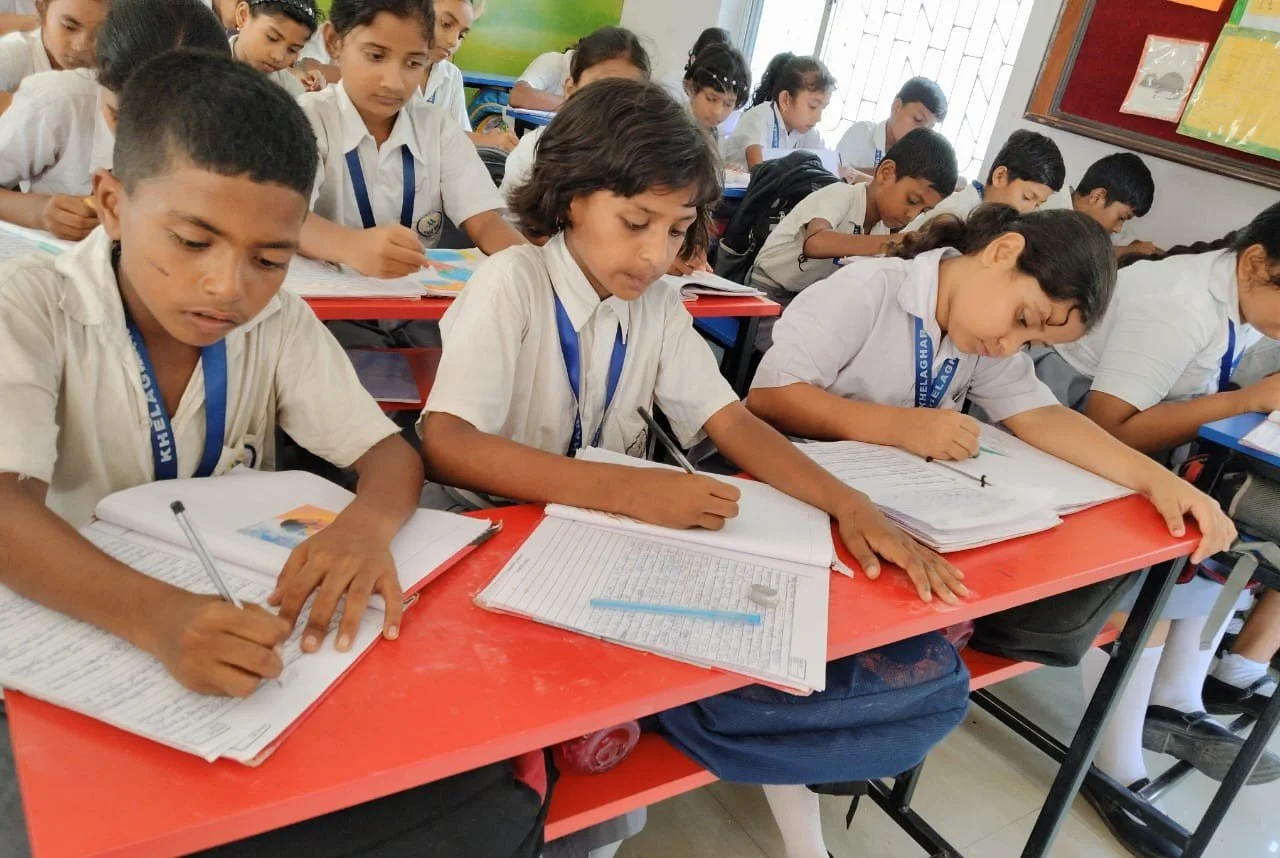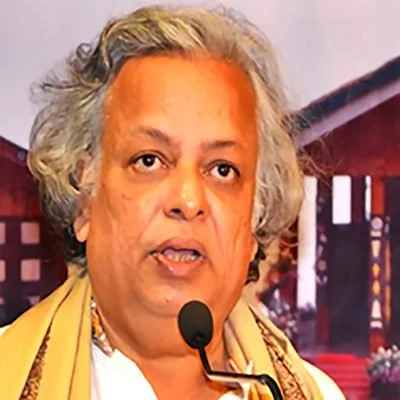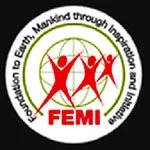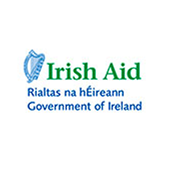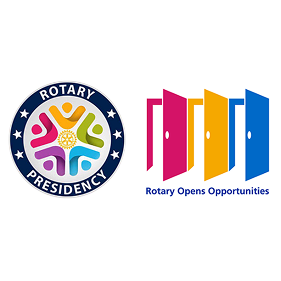Every child deserves direction.
Every community deserves a future.
From classrooms to community programs, we guide children and families out of poverty toward education, health, and self-reliance.
Learning Through Play
Under Khelaghar, there are four pre-primary and primary schools across South 24 Parganas, West Bengal. It combines play, stories, and music to develop curiosity, confidence, and social skills. The focus is on early learning for growth to build a strong foundation for school and life.
About the Founder
Shourabh Mukerji – Founder President
Reverence for life should find reflection in all our practices in everyday life.
Love will have a new meaning in the 21st century if it embraces compassion, tolerance, understanding and affirmative action to stand on the right side of the poor. We have to protect the sanctity and dignity of the poor and the marginalised.
May we, through our reverence for life, raise our existence to its highest level and offer it to create a world where we illuminate the hearts and minds of our children, enrich the confluence of culture and religion among our people and recognize the oneness of humanity.
Future of the Future
The past suddenly seems obsolete. The present distraught and uncertain. The future alone, though somewhat uncharted, still remains unaffected. For it dwells in the realm of hope. It is designed in our dreams. The pandemic has taught us to pause and think, rather to rethink.
We contemplate over the past. We ignore the present. But we invariably invest in the future. Future is the last hope for the dispossessed. Life in spite of every odd can never be goal-less. There is always a horizon to look forward to. A destination to reach. A missed milestone is merely a pitfall, it doesn't malign the whole journey. The whole is always much bigger than its component parts. The myopic man fails to see beyond. He thinks even less. But the future has its own course. A barrage or more may merely stall it for a while. In the long run, however, it is bound to generate power. The future thus belongs to the future. The Indian nation, once ancient and primitive, is now dwelt by the youth. Fifty five percent of the present population are very young. They belong to the future. They should be invested in.
Western values teach exclusivity. Plain and simple selfishness. The y-generation learn to earn and burn. They earn more and burn to extinction. This has to be aborted by all means. The youth have to learn instead to share and survive. Life is not merely for living. Life is celebration. And celebration can never be an individual commitment. The Covid has no doubt introduced physical distancing but it has also demonstrated the need for combined rescue to recovery. Immunity to empathy is self-destructive.
The blueprint for the future has to be audacious and original. But nature ought not to be overtaken. One has to have a thorough understanding of the circumstances first and thereafter dare to shape it. We do have to be ahead of others, in fact ahead of time itself - in patience, compassion and inclusiveness. In the name of artificial intelligence we can never welcome or invite discrimination. Quality education and sustainable development should be made available to all those seeking them. We must not only be far-seeing but fair-seeing too. For that has always been the tradition with us. Thus the future we envision will create and recreate incredible volunteers of time who would courageously carry forward the mission of love and service in the wider environment of mistrust and hatred. We may not extinguish completely, but douse we can. For the future is always an undying phoenix.
– Mr. Amit Dasgupta
Our Programs
Education
Accessible and quality education that helps children learn, grow, and thrive.
Community Development
Skills, leadership, and sustainable solutions for children, youth, and schools.
Capacity Building
Programs that empower women, foster collaboration, and strengthen communities.
Vision
A future where opportunity, and dignity guide every life.
Mission
Help children, women, and communities in South Bengal through education, health, and community programs.
53,000+
Children educated
4
Blocks
60+
Teachers
Our Mentors
-
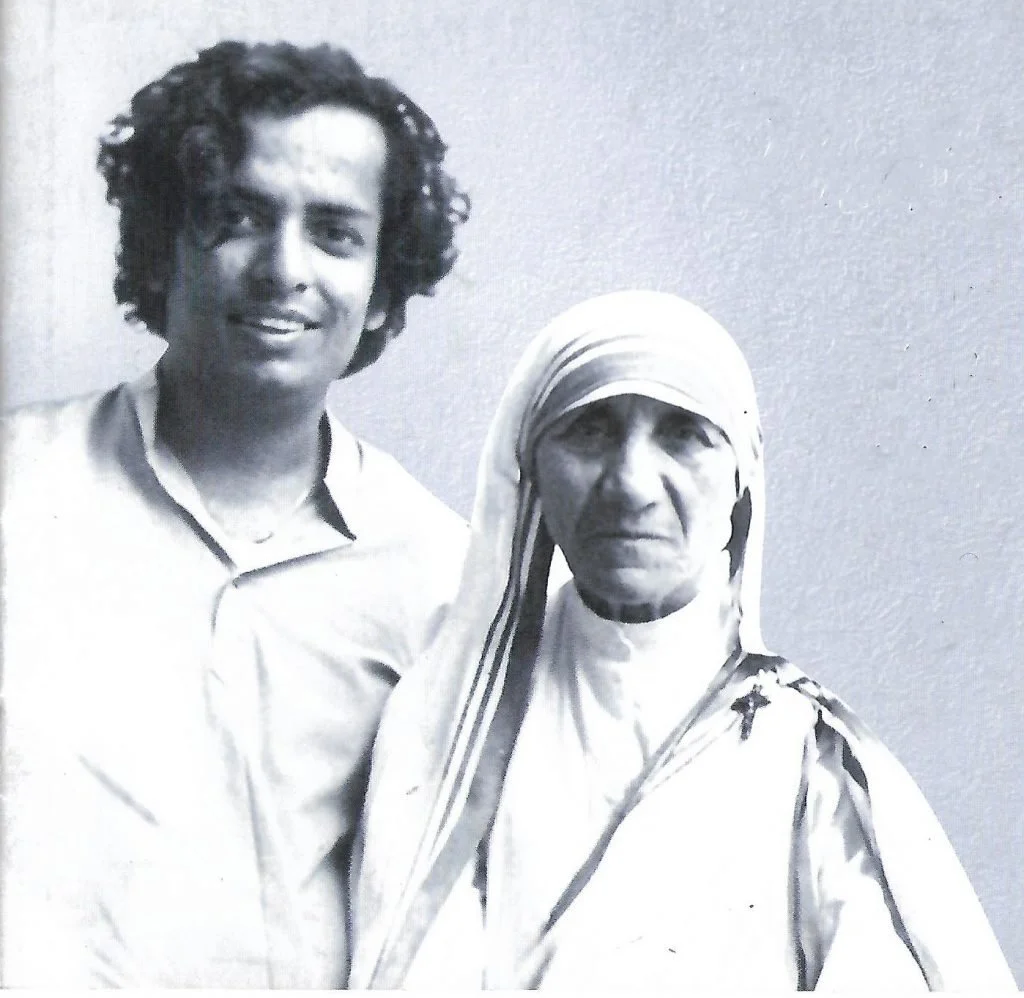
Mother Teresa
-

Revd. P. P. Van Lelyveld
-
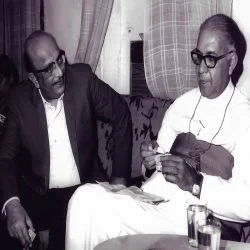
Cardinal Picachy
-

Father Andre Bruylants SJ
Our Donors

